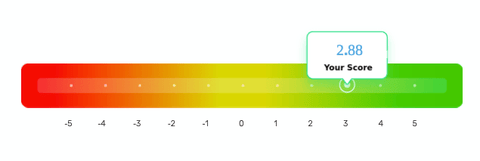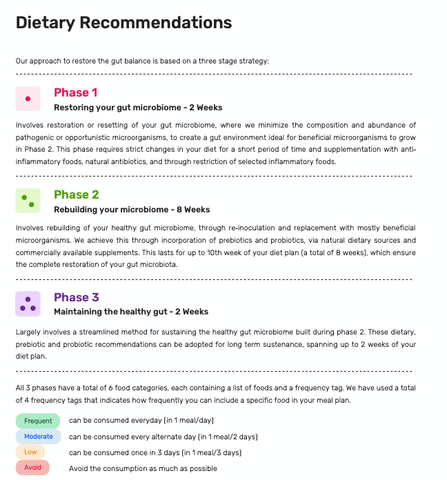Gut Health Microbiome Testing - Gut Microbiome Test Bangalore (Stool Test)
Test Parameters

About the Gut Microbiome Testing & Analysis - Bangalore
Gut microbiome testing and analysis in Bangalore have become a useful means for people who want personalized information about their digestive health and general wellbeing. As humans become more aware of the gut-brain axis, and immunity, and chronic diseases associated with microbiome imbalances, more are looking to these scientific examinations for early intervention on health. As a hub for biotechnology & Health Care innovation bangalore provides latest microbiome testing services supported by research labs and expert consultation.
Things you should know about Microbiome
To understand the microbiome is to be aware of how far our health is bound up with the trillions of creatures that live in and around our bodies. To support one’s digestion and control the immune system as well as affect one’s mood and avoid disease, the role of the microbiome is vital to the overall thrive of one’s well being. With further research revealing more new learnings; the fact that a healthy microbiome is enabled through diet, habits, and well-informed decision is a very key feature of long-term population health. Being conscious of these developments empowers people to take control of their health smarter and more personally.
The key areas that our microbiome impacts are
The human microbiome is critical to many of our body’s important functions in the areas of digesting foods, fighting disease, mental health, skin health, and metabolism. The effects of its influence are enormous, touching everything from the absorption of nutrients to our reaction to stress and illness. The more science unearths the depths of these connections, the more apparent it becomes that a healthy microbiome is essential to general health. Through this appreciation and promotions of such microbial community; we can make a good step towards disease prevention and healthy life.
Gut Microbiome as a very important organ
Gut microbiome which is a term that is commonly used to describe a “forgotten organ” is vital to our health. With a myriad of microbes shaping one’s digestion and immunity, cerebration and even disease prevention, it works very much like any other critical organ in the body. Consideration of the microbiome as an essential part of our biology paves new ways to medicine and wellness in highlighting the need for it to be taken care of with a balanced nutrition, lifestyle choices, and specific therapies. This gut microbiome is then, not only a support system but a critical part of our health as research continues to evolve.
How this works
By learning to grasp the workings of the gut microbiome we come to understand the intricate and ever changing relationship between our bodies and their trillions of microbial guests. These microbes interact with our diet, immune system, and even our brain, they generate essential compounds, help with the absorption of nutrients, and protect against pathogen threats. By having a good balance of these microorganisms, the gut microbiome enables many of the body’s vital functions. As we understand the workings of science, it is apparent that developing a healthy milieu of microbes from the inside out is the way to bring perfection in the “outside” world.
What's included in Microbiome Gut Test Bangalore
A microbiome gut test in Bangalore usually provides you with an overall picture of how your gut is functioning by evaluating the gut bacteria present and its variety. Such tests usually involve a microbial balance check, identification of beneficial and harmful bacteria, level of digestive efficiency, inflammation marker levels, and individual recommendations on diet or probiotic supplementation. As Bangalore received an increasing access to sophisticated diagnostic labs and experienced healthcare professionals, people could obtain practical thoughts on their gut health. This enables them to make educated lifestyle as well as nutritional decisions towards accruing better overall well-being.






Common GI Conditions
Everyday GI problems like acid reflux, irritable bowel syndrome (IBS), constipation, and bloating affect millions and may seriously disrupt day-to-day living. Knowledge of the origins at diet and lifestyle levels, as well as imbalances in gut microbiome, allows for better prevention and treatment. With more attention to GI issues plus access to tools for modern diagnostics, including gut microbiome testing, people can begin to take proactive measures toward GI problems. Proper medical advice, early detection, and a supportive lifestyle shift play an important role in the improvement in the worrying state of one’s digestive system and on one’s overall wellness.







